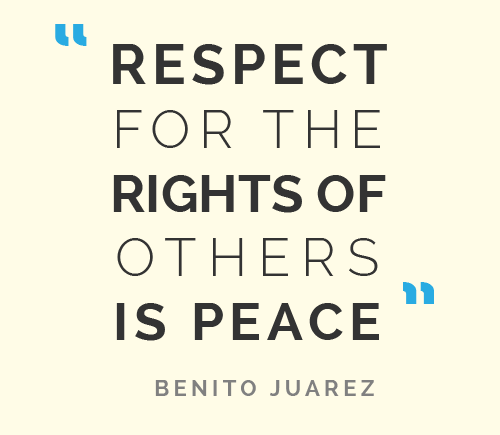The Semai, an Orang Asli society (Malay for “Original People”), live in the forested central mountains in Pahang and Perak states of the Malay Peninsula in Malaysia. They have traditionally subsisted on the cultivation of manioc and rice, plus fishing, hunting, and trade in so-called “minor forest products” such as rattan. Like other Orang Asli groups, the Malaysian government often prevents the Semai from accessing culturally important forests and forest related resources.
The Semai have a strongly nonviolent self-image and proclaim to rarely become angry or hit others. Their worldview, and humanity’s place in it, does not include any violence. However, they see themselves as helplessly surrounded by hostile forces, both natural and supernatural, and proceed with caution in all their daily activities in the face of ubiquitous dangers. Security comes only from the sharing, peace and integration of their villages.
Before they moved into permanent villages, the Semai preferred to resolve serious disputes informally, through such strategies as separation, gossip, or shaming, particularly of individuals that the community believed were responsible for causing problems. They also hold long, formal meetings, called a bcaraa’, to settle disputes rather than to determine guilt or innocence. For additional information on the Semai please see the encyclopedia and news and reviews of this website.
“Semai Community” (14:17): This video focuses on several aspects of the Semai community in Kampung Ulu Geroh, Perak, Malaysia. Although the community and culture are given more attention, the narrators also cover other aspects of Semai society, including their reaction to modernization. This video was reviewed by Peaceful Societies on October 25, 2012.
